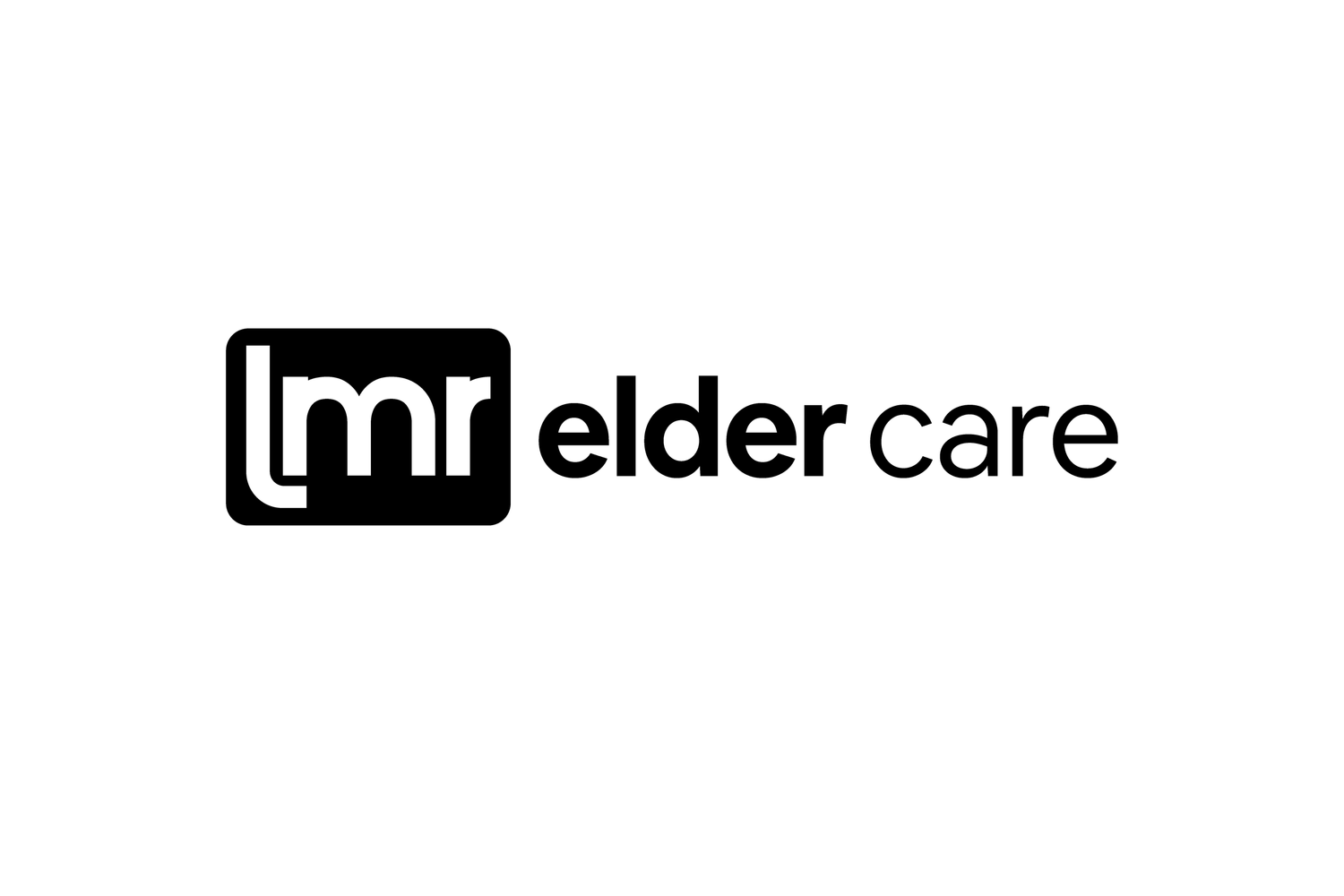Thoughts | Updates | Events
Managing a Hospital Stay - "MOON" (part 1)
The first question I asked her doctor was whether she was being treated as an outpatient or an inpatient. Her doctor hesitated a moment and then she admitted that yes, in fact, R.S. was still on “observation status.”
by: Lisa Bayer, J.D., CCM, Advanced Professional member of the Aging Life Care Association
Me: “Is she on observation status or a formally admitted inpatient?”
Client’s son: “My mom is in a private room. She was admitted yesterday evening after spending all day in the ER.”
Me: “Yes, I understand that she is in a hospital room on a floor with other patients—not the emergency room. And I understand that she gets her meals and medications delivered to her room, that she has a TV and phone and even had a consult with physical therapy earlier today. I know that she has been assigned a “hospital doctor” and has consulted with specialists. It certainly may seem that your mom is a patient in the hospital. But is she?”
Client’s son: “I just called case management. You’re right! She is still on something called “observation status.” They are keeping her again tonight but the social worker said she has not been admitted.”
Me: “OK. Let’s talk later after I visit your mom and speak with her doctor.”
------------------------------------------------------------------------------------------------
R.S. fell in front of her home. She can’t remember if she tripped over something or if she just collapsed. In fact, she does not remember falling at all. Now in the hospital, she was told that a neighbor found her, called 911, and an ambulance brought her to the emergency room.
As a geriatric care manager one of my roles is to advocate for my clients in the hospital. After speaking with her hospitalist, we learned that R.S. fractured her hip and several ribs and that she is suffering from a severe urinary tract infection. They are not sure if she needs surgery for her hip or if they are just going to set it. She also needs IV antibiotics for the infection.
The first question I asked her doctor was whether she was being treated as an outpatient or an inpatient. Her doctor hesitated a moment and then she admitted that yes, in fact, R.S. was still on “observation status.”
So why does this matter and why is it important to ask this question as soon as possible? Shouldn’t the hospital have an obligation to tell me?
To answer the second question first, the hospital does in fact have a responsibility to inform the patient if they are on “observation.” This is called the Medicare Outpatient Observation Notice or “MOON” and must be presented to the patient or his/her representative no later than 36 hours of starting to receive observation services at the hospital. The presenter is supposed to be able to orally explain the form and answer questions
It is important to understand, however, that even if the Medicare beneficiary refuses to sign the notice the hospital staff person just needs to document that the form was provided. I say “hospital staff” because there is no requirement that the form be presented by a doctor or social worker which would make the most sense. Technically, someone from dietary or even a security guard could present the form.
What happens if a person disagrees with their status or if the form is never presented as required? Nothing as far as the patient is concerned (although there could be financial consequences to the hospital if they are audited by Medicare). To be clear, there are no appeal rights for the patient if they do not receive the MOON nor if they disagree with their patient status.
So what does this all mean to Medicare beneficiaries and how can they protect themselves? Stay tuned for my next article where I discuss the financial and care-related implications for R.S. had she remained on observation status during her hospital stay.

